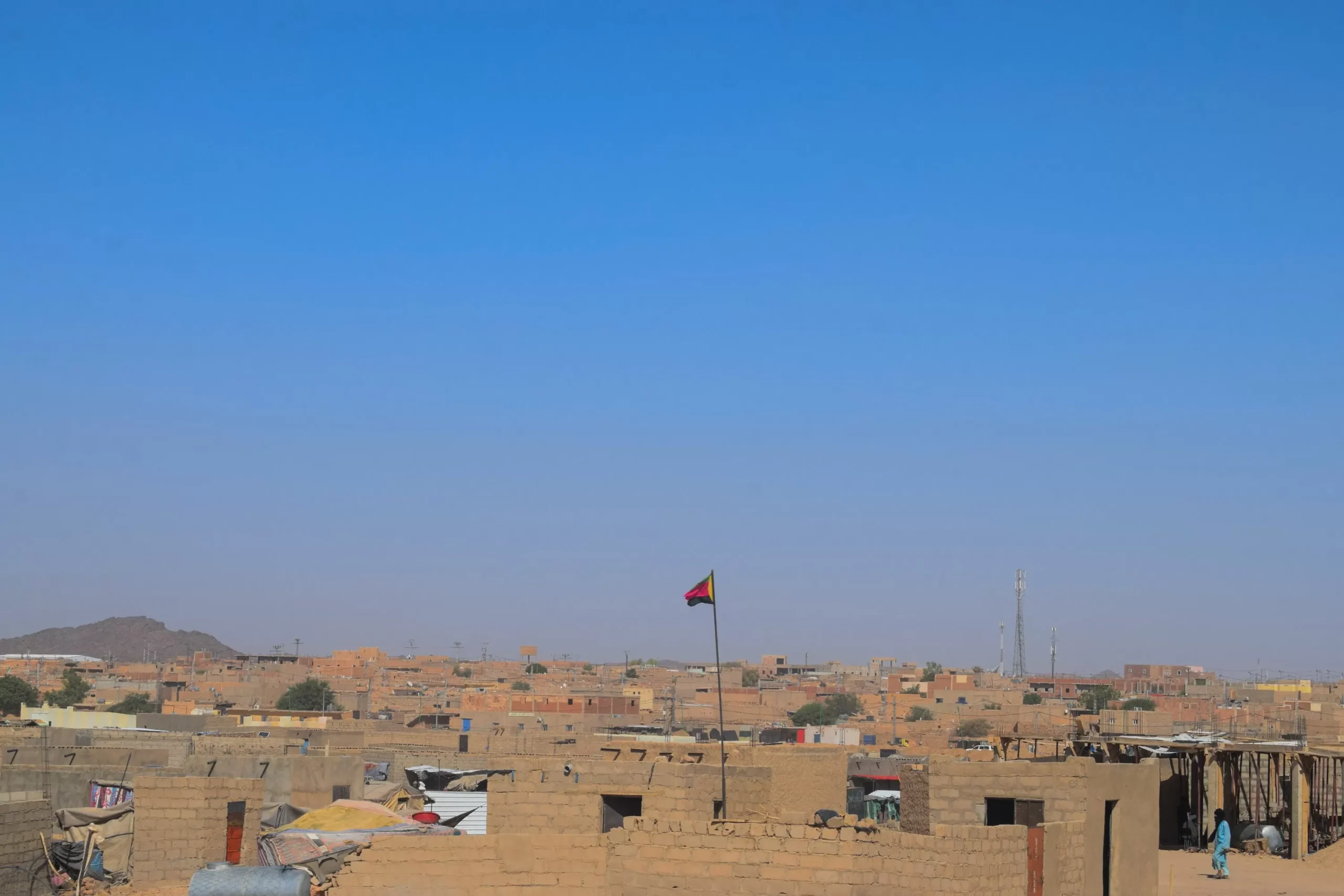Algeria and Mali have been at the center of diplomatic tensions in recent weeks, and the latest development is a mutual ban on flights between their airspaces. Both governments announced this decision on Monday, April 1, as a result of rising tensions between the two neighboring countries.
The ban, which took effect immediately, means that all flights between Algeria and Mali have been suspended until further notice. This move has caused inconvenience for travelers and has also raised concerns about the impact on trade and tourism between the two countries.
The decision to ban flights was made by Algeria’s defense ministry, citing security reasons. According to the ministry, the ban is a precautionary measure to protect the safety and security of Algerian citizens. This comes after a series of clashes between the two countries’ armed forces along their shared border.
In recent months, there have been reports of armed groups crossing the border from Mali into Algeria, which has caused tension and concern for the Algerian government. The ban on flights is seen as a way to prevent any further infiltration and to maintain the country’s security.
Mali, on the other hand, has also banned flights from Algeria, citing similar security concerns. The country’s government has been facing increasing pressure from its citizens to take action against the armed groups that have been causing instability in the country. The ban on flights is seen as a way to put pressure on Algeria to take action against these groups.
The decision to ban flights between the two countries has been met with mixed reactions. While some see it as a necessary step to ensure the safety of citizens, others are concerned about the impact it will have on trade and tourism. Algeria and Mali have strong economic ties, and the ban on flights could have a negative effect on their trade relations.
In addition, the ban will also affect the thousands of people who travel between the two countries for business and tourism purposes. This could lead to a decline in tourism, which is an important source of revenue for both countries. It could also disrupt the flow of goods and services, which could have a negative impact on the economy.
The ban on flights has also raised questions about the future of diplomatic relations between Algeria and Mali. The two countries have had a long history of cooperation and have been important allies in the region. However, the recent tensions have strained their relationship, and the ban on flights could further escalate the situation.
In light of these developments, it is important for both countries to find a diplomatic solution to their issues. The ban on flights is not a long-term solution and could have serious consequences for both countries. It is crucial for them to engage in dialogue and find a way to address their security concerns without disrupting their economic and diplomatic ties.
The international community has also expressed concern over the ban on flights between Algeria and Mali. The United Nations has called for both countries to resolve their issues through peaceful means and to avoid any actions that could escalate the situation.
In conclusion, the mutual ban on flights between Algeria and Mali is a concerning development that highlights the growing tensions between the two countries. While it is important for the governments to prioritize the safety and security of their citizens, it is equally important for them to find a diplomatic solution to their issues. The ban on flights should not be a permanent solution, and both countries must work towards resolving their differences through peaceful means. The international community must also play a role in facilitating dialogue and promoting peace between Algeria and Mali.






![Complete BritRail Pass Guide [Types, How to Use It, Pros + Cons]](https://inside-news.uk/wp-content/uploads/2025/06/00221EB4-BCA2-4DBB-6CD4-83DBC37D71FA-120x86.webp)















